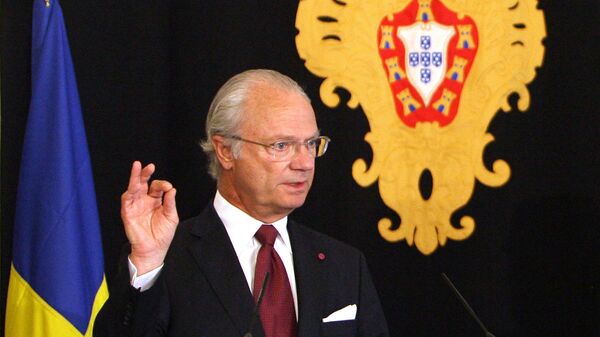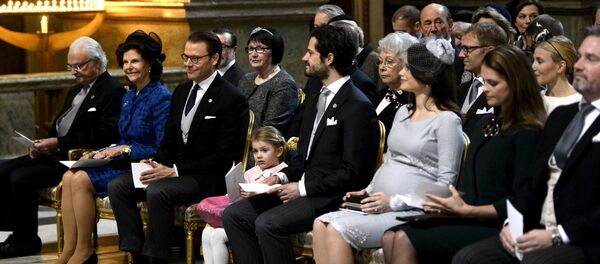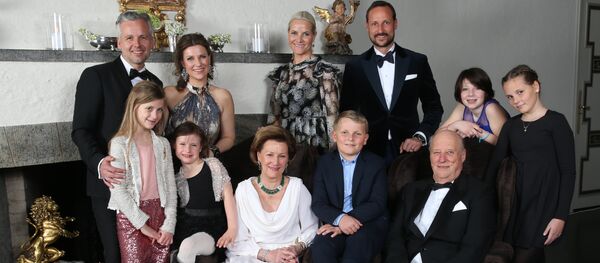"If you always get ridiculed in the media, it becomes very difficult to work. I have worked as hard as I have been able as regards my abilities and my power, says the King of Sweden, who claims to "feel it with his heart."
"You have to be able to imagine how another person feels, as you do not always understand. It's like any contact whatsoever: when you meet a person, you treat him or her with respect," Carl Gustaf argued, stating that the media's bias against the Royal family makes him "angry, irritated and sad."
"In the past, only newspapers contributed with written material. Something that was written disappeared with the newspaper's circulation. But today everything is picked up by bloggers and keeps running around in infinite loops. They don't care to check the background or put things in a larger context, they just read some odd statements and then take advantage of hem. This is very dangerous, I think," he said.
No particular examples of disjointed or otherwise misused quotations were addressed in the interview. Nevertheless, the King stated that he would like to see stronger source control in the stories about himself and his family.
"All claims must have relevant background and facts. If you just pick some loose facts you happened to have come across and set them together in your own imagination, it may grow beyond recognition. I think that this is the danger with this kind of information society. Everything is going too fast and nobody checks their facts," he said.
"I don't think it is right. Sure, some quotes and videos where the King expresses himself oddly have been published, but this can hardly be perceived as ridicule. Given what he says and how he acts, there is actually a lot more to make fun of. I rather think that the media are very restrained," she said.
Reporter Bengt Hansell, who monitors the Royal House for Swedish Radio's Ekot program, does not concur with the Kings image of journalism either. In an interview with Hansell 20 years ago, the King spoke about his dyslexia. He admitted that he had never undergone proper media training at a young age, something he lacked in retrospect.
Hansell could only remember two occasions that may have been perceived as mockery. Once, the King made an official appearance and was about to write his name on a mine wall in Falun, but failed to spell it correctly. The other time was when he began his address in the town of Arboga "dear inhabitants of Örebro." It is possible that this left deep scars, he argues.
Why do our presidents have to be so formal why can't they be like the king of Sweden pic.twitter.com/waODAEnt7r
— Teen Mom JACOB (@GoGoGadgetJacob) November 13, 2013





